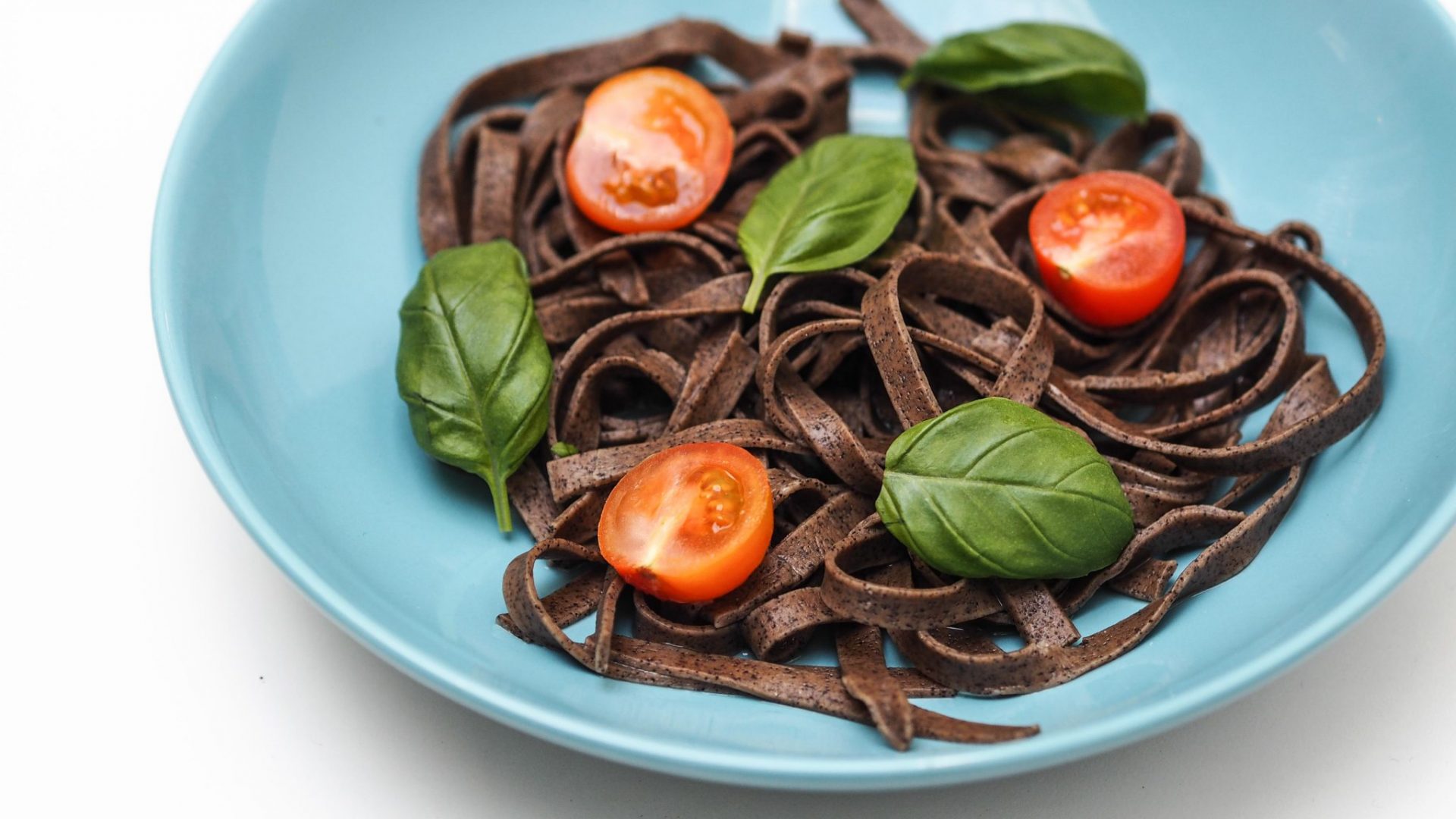Upcycled coffee grounds as the foundation of new sustainable products
The Danish-based company with Colombian founders, Kaffe Bueno, aims at upcycling spent coffee grounds for new sustainable products and solutions with both environmental and nutritional benefits.
More than 10 million tonnes of coffee are consumed on a yearly basis around the world, according to the International Coffee Organization. Nearly all of it ends up as spent coffee grounds, which are being handled and disposed as household waste. This significantly impacts the environment as the decomposition process of the wasted coffee grounds releases greenhouse gases.
1 tonne of wasted and decomposed coffee grounds produces 340 m3 of methane – a gas 30 times more harmful to the environment than CO2 – that goes directly into the earth’s atmosphere.
Exploiting what would otherwise be waste
Kaffe Bueno has come up with new ways of exploiting the otherwise wasted coffee grounds for the development of new sustainable consumer products and ingredients for the food and cosmetic industries. The upcycling process of Kaffe Bueno’s products ensures sustainable production because of the utilisation of coffee grounds, which would otherwise have been discarded at landfills as an ordinary waste product.
Kaffe Bueno operates the world’s first coffee biorefinery, enabling them to upcycle 1,000 tonnes of spent coffee grounds annually
Innovative solutions from a residual product
The coffee bean contains several components with nutritional benefits that creates value for the end product. One of Kaffe Bueno’s products, “Kaffibre”, is an upcycled gluten-free flour, which is high in fibre, rich in proteins, low in fat content and includes the potassium-mineral. The flour is derived from spent coffee grounds collected from industrial partners. Kafflour can be used as a substitute or as an addition to other types of standard flours when baking and cooking. This can increase a recipe’s nutritional value, replace chemical-based ingredients and give food manufacturers cost benefits.
Another product developed by Kaffe Bueno is KAFFOIL, which produces 2–3.4 times fewer emissions than argan oil and up to 9.4 times fewer CO₂ emissions per kilogram compared to palm oil.


